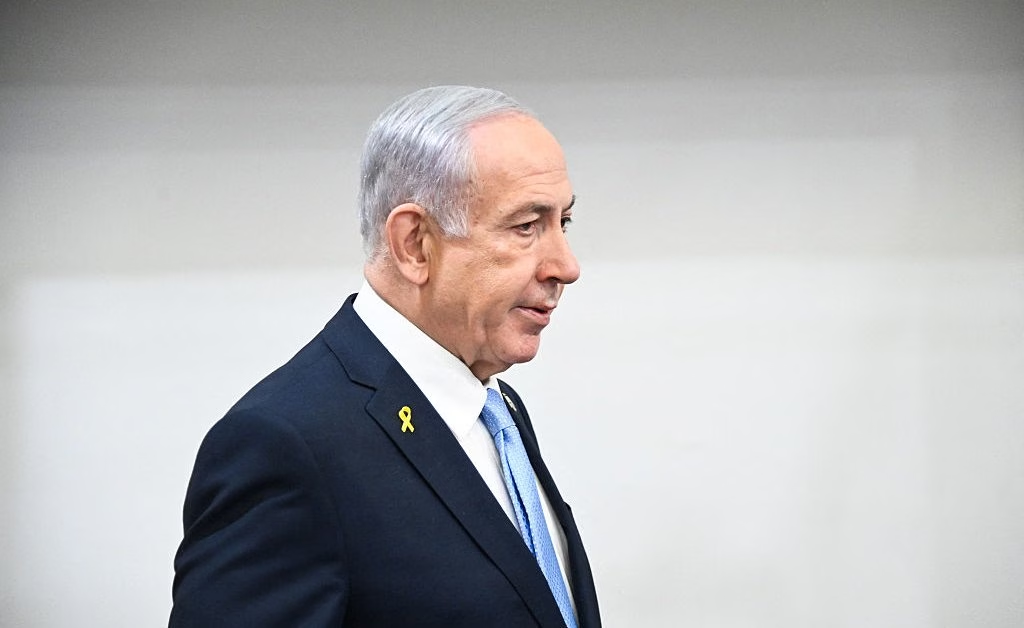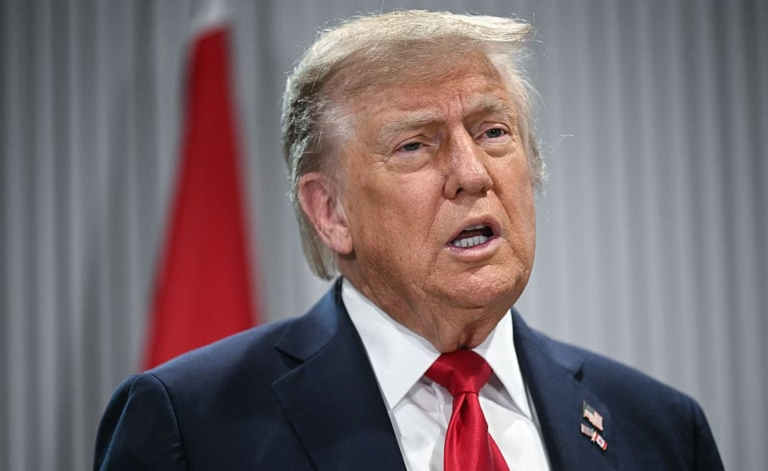TEL AVIV, Israel — Prime Minister Benjamin Netanyahu’s office is once again entangled in controversy following the arrest of two of his close associates on suspicion of accepting money from Qatar to promote a favorable image of the Gulf Arab state in Israel. The incident has captured the attention of Israelis, as Qatar, a nation often seen as a supporter of Hamas and lacking formal diplomatic ties with Israel, appears to have infiltrated the highest levels of power.
Qatar, which plays a crucial role as a mediator in Hamas’ ceasefire negotiations with Israel, denies any involvement with the militant group. Netanyahu has provided a statement to the police regarding the issue but insists he is not a suspect, labeling the accusations as baseless and politically motivated. He is currently facing a long-standing corruption trial and frequently accuses what he terms a “deep state” of targeting him.
Critics argue that Netanyahu, Israel’s longest-serving prime minister, has recently undermined Israel’s state institutions, including its judiciary. A recent attempt to dismiss the head of Israel’s domestic security agency, which is also investigating his office’s suspected ties to Qatar, has further fueled these concerns.
Dubbed “Qatargate” by Israeli media, the investigation centers on allegations that Jonatan Urich, a longtime media consultant to Netanyahu, and former spokesperson Eli Feldstein, were hired to run a public-relations campaign aimed at improving Qatar’s image among Israelis. Payments were allegedly funneled through an American lobbyist.
According to court documents, the American lobbyist and Urich reached a “business connection” to promote positive messaging about Qatar while disparaging Egypt, a key player in the Israel-Hamas ceasefire negotiations. Feldstein was allegedly compensated to pass on these messages to journalists, putting them at risk of charges including contact with a foreign agent and money laundering.
Netanyahu has denounced the investigation as a political witch hunt, likening the police actions to the detention of hostages by Hamas, which has angered many in Israel. This probes into Netanyahu’s circle raise questions about the influence of external actors and the promotion of Qatari interests.
Israelis remain skeptical of Qatar’s intentions, especially given its historical support for Hamas and service as a home base for Hamas’ political leaders. The ongoing conflict in Gaza, Qatari mediation efforts, and allegations of funding to Hamas added to the strained relationship.
Analysts note that Qatar hopes to alleviate accusations of insufficient pressure on Hamas and strengthen its regional ties. Despite this, Netanyahu and others in Israel maintain that Qatar has contributed to Hamas’ capabilities prior to the October 7, 2023, attacks.
Source: https://time.com/7274186/israel-netanyahu-qatargate-scandal-qatar-bribery-corruption-prime-minister-office/







